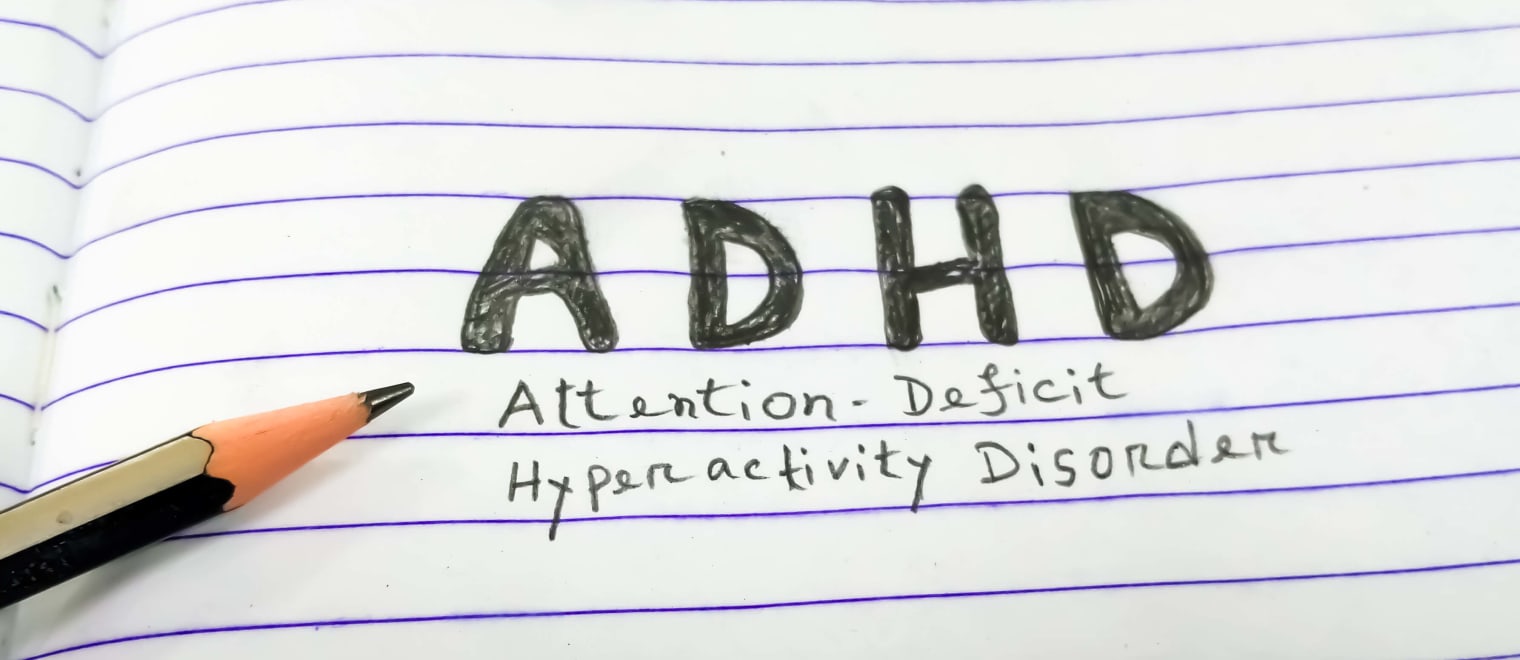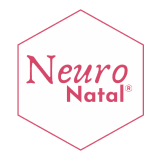This informal CPD article, ‘Evolving Perceptions and Challenges of ADHD: Implications for Women, Motherhood, and Mental Health ‘, was provided by NeuroNatal, who aspires to create a world where every family's perinatal journey is enhanced through eliminating stigma and bridging health inequalities.
Understanding ADHD
The understanding of attention deficit hyperactivity disorder (ADHD) has evolved significantly over the past few decades. Once perceived as a condition predominantly affecting males during childhood, it is now recognised for its enduring impact across individuals' lives, transcending gender and ethnic boundaries. This shift in perception is supported by research such as the study conducted by Hansson et al. (2015), which robustly demonstrates the persistence of ADHD into adulthood and its significant effects on daily life and executive functioning, challenging earlier misconceptions. This underscores the complexity of the disorder and draws attention to unique challenges faced by specific demographics, particularly mothers with ADHD.
ADHD is characterised by impairments in executive functioning, encompassing cognitive processes such as time management, motivation, planning, emotional regulation, working memory, and information processing. Brown (2005) identified these key areas where individuals with ADHD face challenges, offering insights beyond the commonly associated symptoms of distraction or hyperactivity.
These difficulties significantly impact an individual's ability to manage daily tasks, increasing stress and feeling overwhelmed. Understanding these challenges is crucial for comprehending ADHD's impact on daily functioning and long-term well-being. A lack of awareness about the signs, symptoms, and challenges of ADHD could compromise the effectiveness of current support systems, shedding light on the difficulties associated with ADHD based on firsthand experiences. In the context of parenting, these challenges can reduce parental efficacy and contribute to adverse outcomes, including feelings of isolation, hesitation to engage in activities with young children, and increased stress related to caregiving tasks.
Mothers with ADHD
Researchers have highlighted the heightened feelings of stress and inadequacy experienced by mothers with ADHD as they strive to meet an "ideal" model of motherhood that often overlooks challenges related to neurodiversity, emphasising the need for more flexible psychological support. Undiagnosed ADHD in women is common and usually not identified until later in life. The lack of research on the impact of ADHD on executive functioning, its broader implications on mental health and well-being, and its association with increased risk of suicidal thoughts and behaviours among women underscore the urgent need for timely mental health interventions. Addressing these challenges requires a multidisciplinary approach and a deeper understanding of ADHD's impact across various life stages of women, including the influence of hormonal fluctuations. Individuals diagnosed with ADHD encounter notable challenges when navigating an environment that often does not cater to their unique information processing and engagement with their surroundings.
The prevailing misconception that individuals with ADHD should function similarly to those without the condition disregards the distinct cognitive processes in the ADHD brain, resulting in misunderstandings and barriers to providing practical support. ADHD disrupts the perception of time and tasks, blending past, present, and future into a continuous flow, potentially leading to impulsivity and complicating reflection and planning. The linear structure of functions in the neurotypical world poses challenges for individuals with ADHD, affecting their capacity to initiate and sustain efforts systematically. Heightened sensitivity to sensory inputs presents difficulties in filtering distractions and maintaining focus on a single task, resulting in a fragmented attention span.
CPD and ADHD
Continuing Professional Development (CPD) in the context of ADHD, particularly in relation to gender differences and its impact on females, is of utmost importance. The current misconception that ADHD symptoms in females often exhibit predominantly inattentive characteristics has led to a heightened risk of females being overlooked and underserved. It is crucial for professionals to stay updated and educated about the gender-related differences in the impact of ADHD, as females frequently encounter difficulties in meeting societal expectations and are at a higher risk of engaging in self-injurious behaviours and suicide attempts.
Specific demographics, such as mothers with ADHD, require more flexible psychological support and timely mental health interventions. CPD can help professionals understand the urgent needs of this population and provide more effective support. Expanding research on the impact of ADHD, particularly on executive functioning and its broader implications on mental health and well-being among women, is imperative. This expanded knowledge can influence the development of more targeted interventions and support systems.
To address the challenges faced by females affected by ADHD, a multidisciplinary approach is necessary, along with a deeper understanding of ADHD's impact across various life stages of women, including the influence of hormonal fluctuations. By recognising and addressing these challenges through ongoing CPD, professionals can work towards providing better and more effective support and interventions for individuals, especially women, living with ADHD.
We hope this article was helpful. For more information from NeuroNatal, please visit their CPD Member Directory page. Alternatively, you can go to the CPD Industry Hubs for more articles, courses and events relevant to your Continuing Professional Development requirements.
References:
Brown, TE. (2005). Attention Deficit Disorder: The Unfocused Mind in Children and Adults (pp 20–58). New Haven, CT, Yale University Press Health and Wellness.
Hansson Halleröd, S.L., Anckarsäter, H., Råstam, M. and Hansson Scherman, M. (2015). Experienced Consequences of Being Diagnosed with ADHD as an Adult – A Qualitative Study. BMC Psychiatry, [online] 15(1). https://doi.org/10.1186/s12888-015-0410-4













